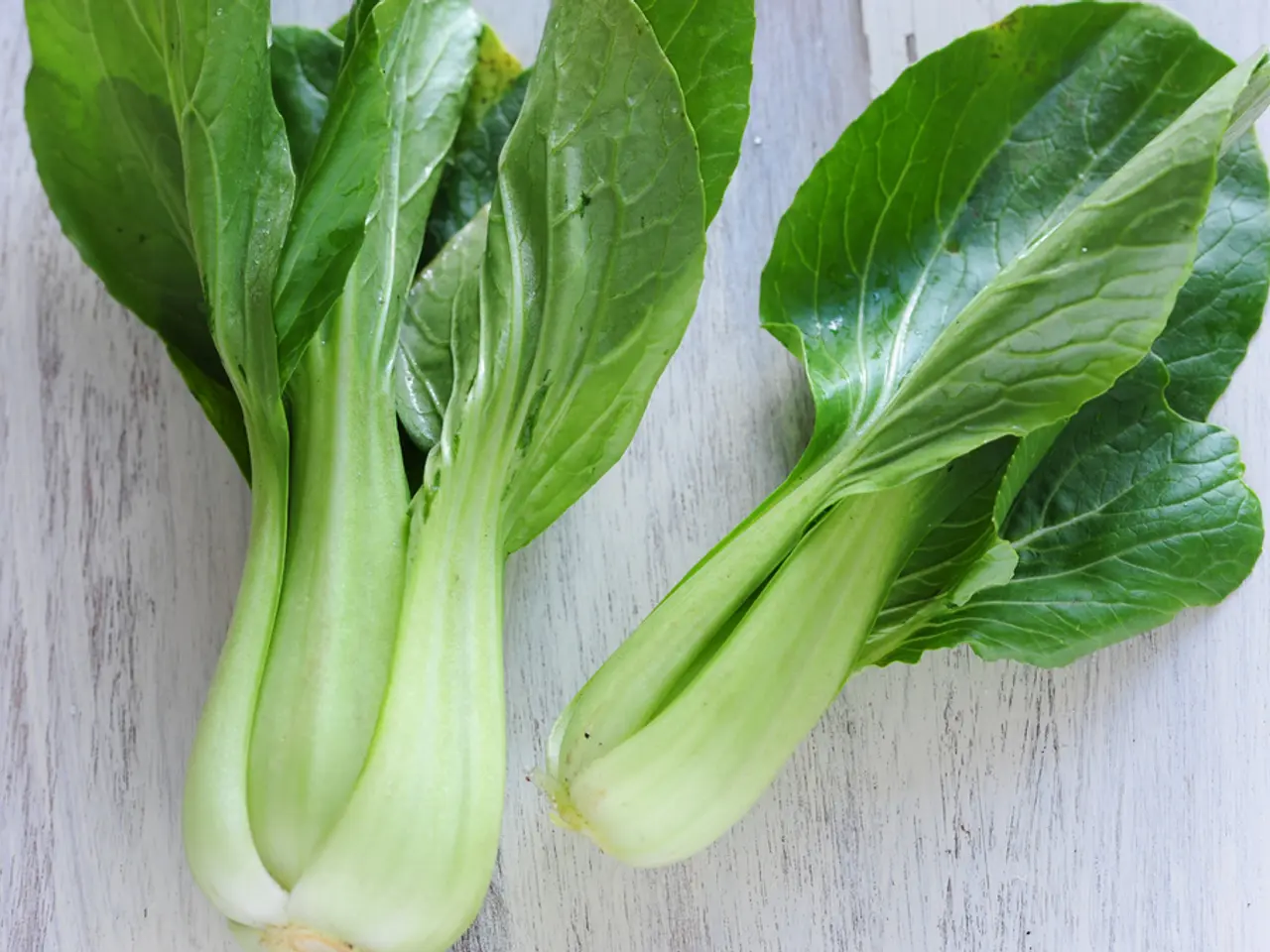Enhancing Your Zucchini Patch with Accompanying Vegetables
Discover the benefits of companion planting for zucchini, a popular vegetable that thrives with the right companions. By strategically placing certain plants near zucchini, gardeners can create a harmonious ecosystem that deters pests, improves soil health, and boosts pollination for better crop yields.
**Marigolds, Nasturtiums, Radishes, and Borage**
Marigolds, known for their vibrant colours, attract beneficial insects like ladybugs and parasitic wasps, which prey on harmful pests. Nasturtiums deter squash bugs and cucumber beetles, while attracting aphids away from zucchini and other vegetables. Radishes encourage beneficial insects, such as pollinators and predatory insects, that can help control other pests and improve pollination of zucchini flowers. Borage, with its thick foliage, suppresses weeds by shading the soil and attracts pollinators, boosting zucchini pollination and yields.
**Calendula, Zinnia, Cosmos, and Other Squash Family Plants**
Calendula, Zinnia, and Cosmos enrich pollinator presence, which enhances zucchini fruit development through better pollination. Planting other squash family plants like pumpkins together can help deter squash bugs and cucumber beetles collectively.
**Leguminous Plants**
Incorporating leguminous plants nearby can improve soil health by fixing nitrogen, and dense companion planting helps suppress weeds and retain soil moisture. Rotating companion plants annually is recommended to maintain soil nutrients and reduce disease buildup.
**Corn, Peas, Garlic, Chamomile, and Peppermint**
Corn provides protection from harsh sun, keeping the soil around zucchini plants cool and moist. Its dense foliage helps suppress weeds, reducing competition for nutrients and water. Peas, when grown near zucchini, offer several advantages, including nitrogen fixation, which enriches the soil with essential nutrients. Peas, when grown, also help improve soil structure, creating channels in the soil that enhance aeration and drainage.
Garlic is a low-maintenance plant that doesn't compete heavily for resources, coexisting efficiently with zucchini plants. Chamomile attracts beneficial insects like bees and butterflies, improving fruit set and productivity for zucchini plants. Peppermint's dense foliage acts as a living mulch, helping to retain soil moisture and suppress weeds. Peppermint also attracts beneficial insects like bees and predatory wasps, which play a crucial role in pollination and pest management.
**Table: Companion Plants for Zucchini**
| Companion Plant | Benefits for Zucchini | |-----------------|-------------------------------------------------| | Marigolds | Attract beneficial insects, repel pests | | Nasturtiums | Deter squash bugs & cucumber beetles; attract aphids away | | Radishes | Attract beneficial insects, repel harmful pests | | Borage | Weed suppression, attracts pollinators | | Calendula, Zinnia, Cosmos | Attract pollinators, improve fruit set | | Other squashes (e.g., pumpkins) | Collective pest deterrence | | Legumes | Improve soil nitrogen and nutrient availability |
In conclusion, these companion plants not only protect zucchini from pests like aphids, squash bugs, and cucumber beetles but also help improve soil health and boost pollination for better crop yields.
Cooking zucchini can be a part of a food-and-drink lifestyle, made more enjoyable with the right companion plants in the garden. For instance, cooking with home-grown zucchini supported by marigolds, radishes, borage, and calendula can add unique flavors to your recipes, as these plants attract beneficial insects and improve soil health. Additionally, integrating leguminous plants, corn, peas, garlic, chamomile, and peppermint in your home-and-garden can further enrich the benefits of your zucchini crop, creating a more harmonious food-and-drink lifestyle overall.




